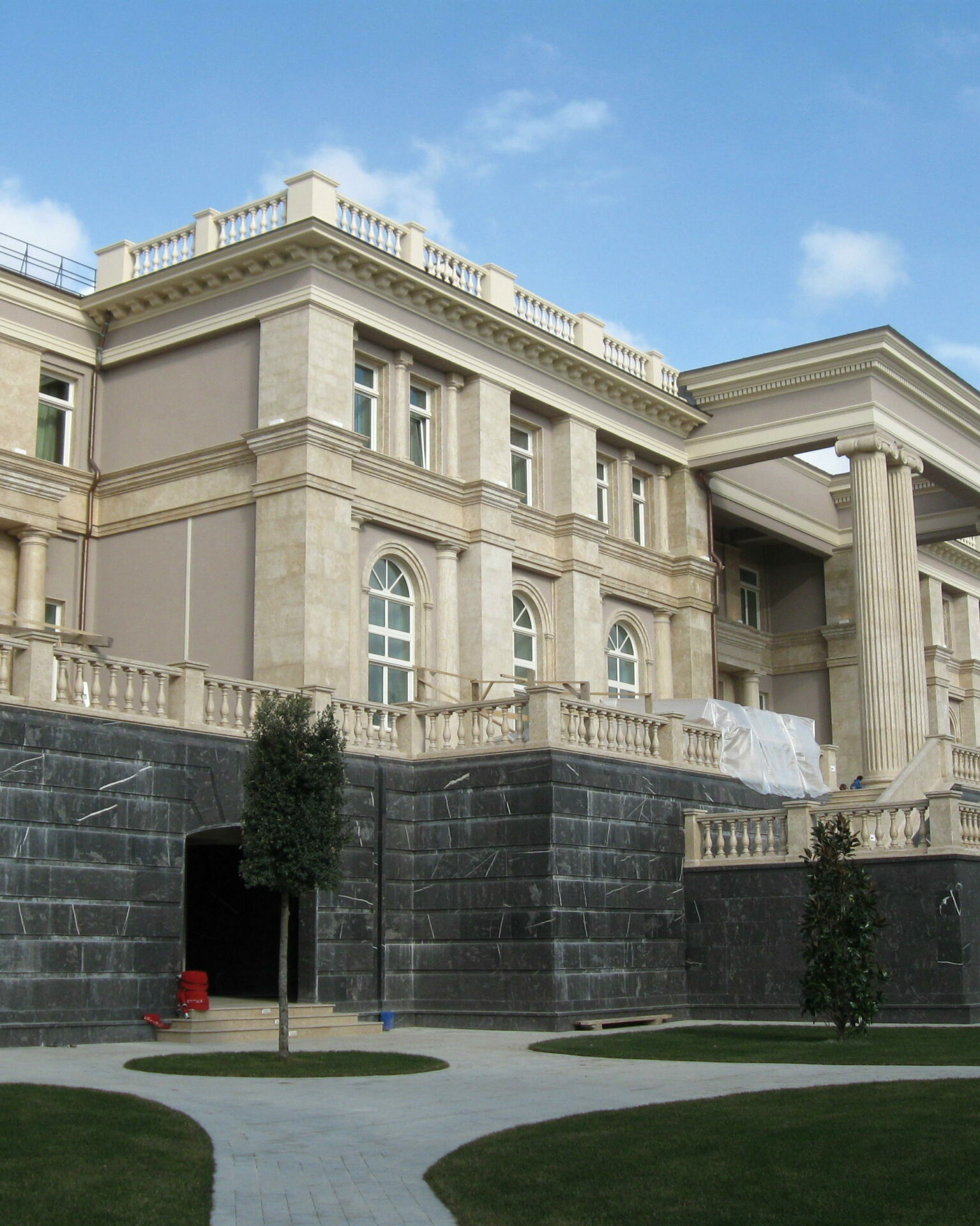Identifying Enabler Networks and Their Vulnerabilities

The project undertakes the first ever large-scale study of the Organised Crime and Corruption Reporting Project’s (OCCRP) Aleph database to identify trends in how professional service providers enable cross-border corruption. Aleph is one of the world’s largest troves of documents on corruption, with more than 3.8 billion entries and 50 terabytes of data including financial records, ownership documents, court filings, and correspondence.
Click here for the Project One-Pager
To learn more about this project, contact Principal Investigator Professor John Heathershaw.
Project Summary
The project undertakes the first-ever large-scale study of the Organised Crime and Corruption Reporting Project’s (OCCRP) Aleph database to identify trends in how professional service providers enable cross-border corruption. Containing more than 3.8 billion entries and 50 terabytes of data – including the entirety of the International Consortium of Investigative Journalists (ICIJ)’s offshore leaks data dumps – Aleph is an investigative data platform that helps journalists follow the money. It is one of the world’s largest troves of documents on corruption including financial records, ownership documents, court filings, and correspondence. However, comparative study of this large dataset which allows us “to see the wood from the trees” has never before been attempted.
By combining conceptual models of enablers and building on a pre-existing dataset produced under GI ACE phase 1, the project allows us to glean original and robust findings from this treasure trove of data. We will ask questions about how the enabling of corruption takes place: under what conditions and by which mechanisms it is occurring, where enabler networks are distributed and where are the key hubs, who constitute the enablers, and when are the key moments of enabling.
The findings will inform policymaking, regulatory and enforcement activity by identifying areas of concentration and vulnerability across the enabling landscape.
Policy and Programming Implications
In this project we will involve UK and overseas policymakers, journalists, and civil society throughout and specifically engaged in three workshops – in London (2024), online (2025) and with an overseas partner (2026). They will help us finalise objectives and plans in an initial workshop; they will also take part in interim and final workshops where we identify enabling “red flags” and discuss policy responses. Private sector actors (particularly in corporate intelligence and political risk) will also be involved to help us interpret our data.
Research Questions
- How are professional and financial service providers legally enabling illicit finance for kleptocratic
elites? - What enabler services are used to hide and retain kleptocratic assets?
- Where are the enabler networks serving the political elites of ODA-recipient countries?
- When in the upstream-to-downstream process of enabling is the illicit made licit, and vice versa?
- Which key enabler services, places and moments may be identified as ‘red flags’ for regulators?
Methodology
- Original data collection including searches regarding politically exposed persons (PEPs) who are
known to hold assets in the United Kingdom, and their known enablers. - Combining pre-existing conceptual models of enablers and building on a pre-existing dataset
produced under GI ACE phase 1, the project allows us to glean original and robust findings from this
treasure trove of data.
Research Team Members
- Prof. John Heathershaw, Professor of International Relations at the University of Exeter.
- Prof. Ricardo Soares de Oliveira, Professor of the International Politics of Africa at the Department of Politics and International Relations, University of Oxford.
- Dr. Tena Prelec, Centre for Advanced Studies on South-Eastern Europe, University of Rijeka.
- Mr. Tom Mayne, Research Fellow at the Department of Politics and International Relations (DPIR) of
the University of Oxford. - Dr. Alexandra Gillies, Director of the Global Anti-Corruption Consortium.

